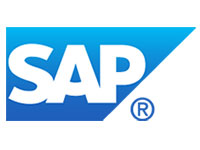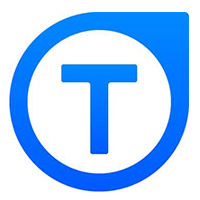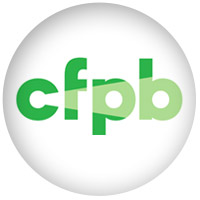
As Software as a Service (SaaS) vendors enter the next stage of growth, the quality and quantity of the partnerships they form will be a key factor in their success.
Mobile services, e-commerce, and vertical and sub-vertical applications are hot areas for SaaS vendors intent on making additional headway, but building out applications takes time and money.
Establishing partnerships is an efficient way to make a jump in functionality without having to divert too many resources from a company’s original product. NetSuite, for example, has used its partnership strategy to introduce a slew of vertical applications that it would likely not have been able to develop in-house.
Focusing on the Core
“The more partnerships a vendor can build, the more it can focus on improving its core product,” Nucleus Research Vice President Rebecca Wettemann told CRM Buyer.
To some extent, she expects, other vendors will try to duplicate Salesforce.com’s AppExchange, a third-party marketplace of Salesforce.com-compliant plug-ins and related products.
There have been some 4,400 installs from AppExchange, according to the company, since it was launched not quite a year ago. Some Salesforce.com customers have already created custom applications using these tools.
There are many benefits of this approach for Salesforce.com. Given the time and resources a company puts into developing and integrating its own application, it is unlikely to leave Salesforce.com for another vendor — a potential problem for any SaaS competitor.
In addition, Salesforce.com shares in the revenues and, as Wettemann points out, is able to continue adding features to its original product.
Building Out Marketshare
SaaS vendors could also follow IBM’s lead in providing incentives to its partner resellers in order to gain additional marketshare.
In February, the company announced a series of sales and marketing bonuses for business partners in exchange for their promotion of its SaaS initiative.
Channel partners will receive a 10 percent referral fee for each lead that turns into a sale. IBM will also make its sales force more accessible to partners to help them close opportunities faster.
“Channel partners can be a big help in promoting an application in a new market, such as an international environment,” Atul Wahi, CEO of WiseSoft, told CRM Buyer. “They can provide insight into the market and help translate local demands into innovations in the application.”
Earlier this year, WiseSoft joined the Siebel SMB Channel Program.
Another benefit of partnering lies in the hands-on support provided to the customer — support impossible for a vendor to deliver.
“Helping the client through the implementation and getting it to a comfort level where the organization can evolve — that is the greatest contribution a channel partner can bring to the table,” Wahi said.

























































Social CRM
See all Social CRM